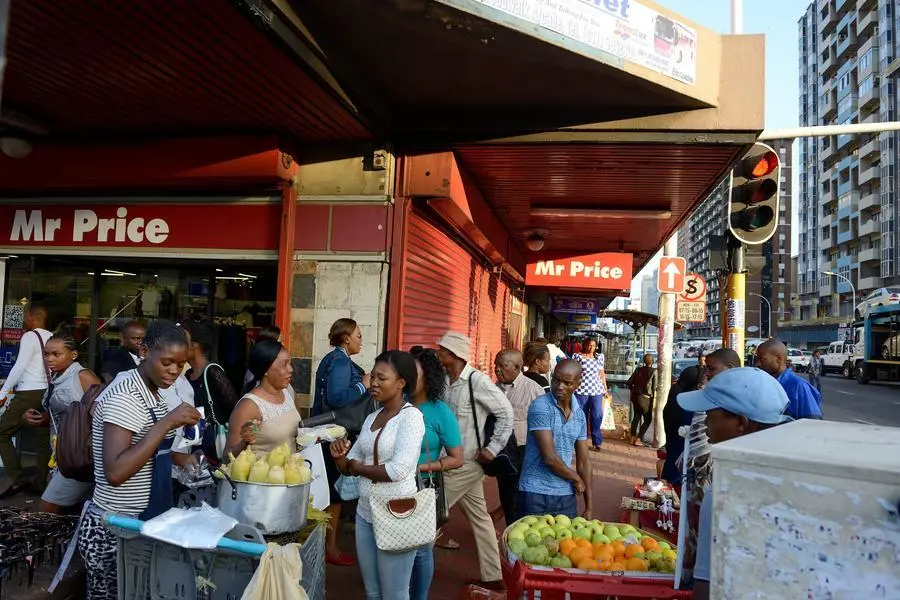PHOTO
Consumers in Africa, hit by the impact of Covid-19 and then the economic fall-out of the Ukraine-Russia conflict, are uncertain about their own economic future and the effects of falling purchasing power on their ability to buy necessities.
According to earlier data released by the World Bank, Sub-Saharan Africa experienced its first recession in 25 years when the pandemic struck. This has resulted in a difficult recovery for the region and has also brought to the fore new economic growth challenges, compounded by the Russia-Ukraine war.
A newly released report on the “State of the African Consumer” Kasi Insight, a decision intelligence company in Africa, zooms in on the current state of the African consumer as concerns around inflation, supply chain disruptions and geo-political risks increase.
In surveys of consumers, Kasi Insight found that less than half of respondents (48%) expect economic conditions to improve in six months, with remaining respondents split between optimists who expect it to improve (27%) and pessimists who expect it to worsen (24%).
The consumers' main concerns relate to inflation, with the UN’s Food and Agriculture Organization (FAO) forecasting prices of necessities such as food and oil prices to increase by 28 percent this year.
The other findings include:
- Half of the respondents (48%) believe that their respective country’s economic conditions will stay the same over the next 6 months.
- Less than half of the consumers surveyed (45%) expect their household income to remain unchanged over the next six months.
- Of the households surveyed over half (52%) said they found it difficult to find a job while 38% found it difficult to earn money.
- Gen Z are the most optimistic about the direction of the economy with 36% expecting an improvement over the next six months in comparison to 26% of Baby Boomers.
(Writing by Brinda Darasha; editing by Seban Scaria)





















